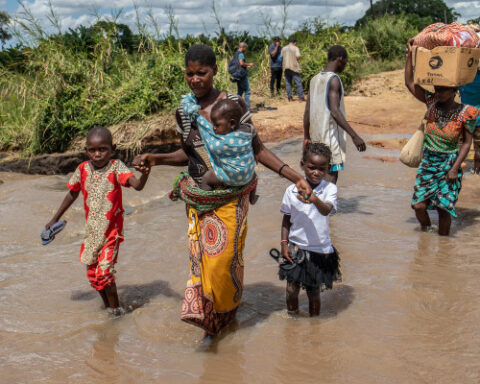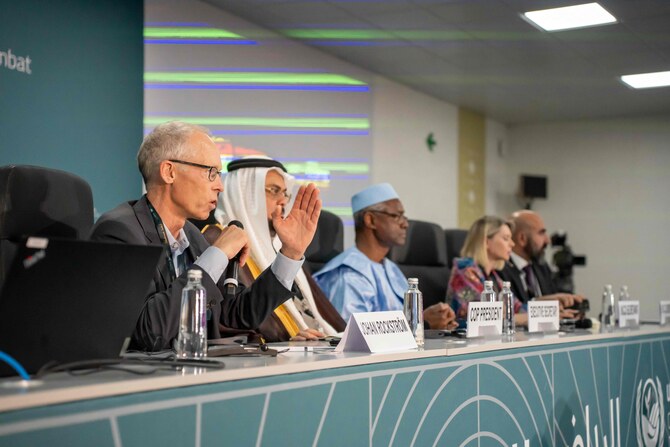New data from the Internal Displacement Monitoring Centre (IDMC) reveals a troubling increase in internally displaced persons (IDPs) across Africa, surging from 11.6 million in 2009 to 35 million in 2023.
The rise, driven by wars and climate disasters, underscores the urgent need for action despite earlier commitments by African leaders to tackle the root causes of displacement.
In 2009, African governments signed the Kampala Convention, a legally binding agreement to address internal displacement.

However, Alexandra Bilak, IDMC’s director, says the situation remains critical, particularly with the growing threats posed by floods and droughts.
“The displacement situation in Africa is absolutely critical, but not hopeless,” Bilak noted.
“Many governments are taking steps to address these issues, but more support from the international community is crucial. Time is running out to help those forced to flee their homes, but solutions to their displacement are essential for achieving development goals,” he said.
Conflict-Driven Displacement
Conflict accounts for the majority of the 35 million displaced persons, with 32.5 million uprooted by violence.
Five countries the Democratic Republic of the Congo, Ethiopia, Nigeria, Somalia, and Sudan are home to 80% of these cases.
IDMC highlights a distinction between the number of displaced people and the number of displacement incidents.
This includes cases where individuals are forced to move multiple times or return home only to be displaced again.
Climate Disasters Fuel Displacement
The report shows a sharp rise in climate-induced displacement, increasing sixfold over the past 15 years, from 1.1 million in 2009 to 6.3 million in 2023.
Floods were responsible for 75% of these displacements last year, with droughts accounting for 11%.
“Floods are becoming a major driver of displacement across Africa,” Bilak said. “In Nigeria, for example, people fleeing Boko Haram violence often find themselves displaced again by annual floods.”
The UN Office for the Coordination of Humanitarian Affairs (OCHA) also raised concerns about the humanitarian impact of climate-induced displacement.
“There can be no humanitarian solution to the climate crisis,” said an OCHA spokesperson. “The humanitarian system is working to adapt and respond to emergencies while building resilience to climate shocks.”
The Way Forward
The IDMC’s report calls for African governments and international partners to intensify efforts to address the root causes of displacement and support affected communities.
Bilak emphasized that helping displaced persons rebuild their lives is vital to achieving broader development goals across the continent.
With conflicts and climate disasters unlikely to abate soon, stakeholders must act swiftly to mitigate the impact on millions of displaced Africans and secure a sustainable future for the continent.
By Dare Akogun







